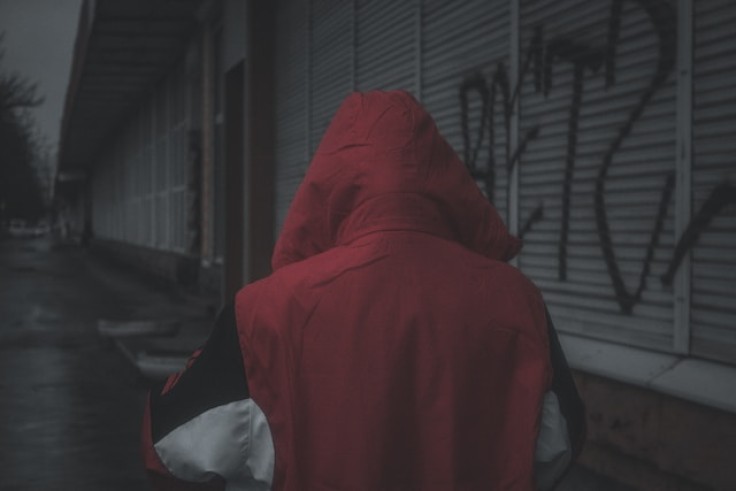
In a significant development following the January 6 Capitol riot, Maryann Mooney-Rondon and her son, Rafael Rondon, have been sentenced for their involvement in the theft of former House Speaker Nancy Pelosi's laptop. This case gained notable attention after online sleuths, dubbed "Sedition Hunters," played a crucial role in identifying the pair, leading to their arrest in October 2021.
The Rondons were initially misidentified by the FBI, leading to a mistaken raid on another Trump supporter's home in Alaska. However, online investigators, who had previously nicknamed the duo "AirheadLady" and "AirheadBoy" for their appearance in stolen emergency escape hoods, successfully identified them. This identification was part of the broader efforts by Sedition Hunters, who have aided in hundreds of cases against Capitol rioters.
Sentencing and Remarks by Judge Jia Cobb
U.S. District Judge Jia Cobb sentenced Rafael Rondon to 18 months of home incarceration and his mother, Maryann, to 12 months. Describing the sentence as "jail but at home," Judge Cobb emphasized that the defendants would be confined to their home 24/7, followed by five years of probation. She noted the "juvenile" nature of their actions but stopped short of labeling them as criminal masterminds.
Previous Legal Troubles and Admissions
Rafael Rondon had already faced legal consequences, having been sentenced to 14 months for possession of an unregistered firearm. He admitted to assisting in the attempted theft of Pelosi's laptop and expressed regret over his actions. His mother, owner of a medical billing company, confessed to aiding a man in the laptop theft by providing gloves to avoid leaving fingerprints.
Ahead of her sentencing, Mooney-Rondon expressed remorse, acknowledging her failure as an adult in the situation and the embarrassment it brought upon her family. However, she also suggested a broader scheme behind the laptop theft, indicating fear and confusion during the events.
The government had initially sought longer prison sentences for both Rondons. The identification of the pair by online sleuths, using facial recognition and social media analysis, was a pivotal moment in the case. This identification came after the FBI's misstep in raiding Marilyn Hueper's home in Alaska, a woman who was present at the Capitol grounds but not involved in the riot.
Broader Implications and Ongoing Investigations
The sentencing of the Rondons marks another chapter in the ongoing investigations and legal proceedings following the January 6 Capitol riot. It highlights the complex interplay of law enforcement, online investigation, and the broader societal implications of the events that unfolded on that day. As the justice system continues to process these cases, the role of citizens and technology in aiding law enforcement comes into sharper focus, demonstrating the evolving nature of criminal investigations in the digital age.
The case also sheds light on the challenges faced by law enforcement in accurately identifying and prosecuting individuals involved in large-scale events like the Capitol riot. The initial misidentification and subsequent correction by online sleuths underscore the potential for both error and correction in the digital era. This incident serves as a reminder of the power of collective online efforts in aiding law enforcement while also highlighting the need for careful and accurate investigative work.
The Rondons' case is a microcosm of the larger issues at play in the aftermath of the Capitol riot. It speaks to the broader themes of accountability, the role of technology in justice, and the ongoing efforts to understand and address the events of January 6.
As more cases like this come to light, they continue to add to the complex tapestry of this pivotal moment in American history, offering insights into the dynamics of protest, political unrest, and the pursuit of justice in the modern age.
Read also: School On Spotlight: The Dragon - An Elite Prep School In Oxford Housing The Finest Actors of Today